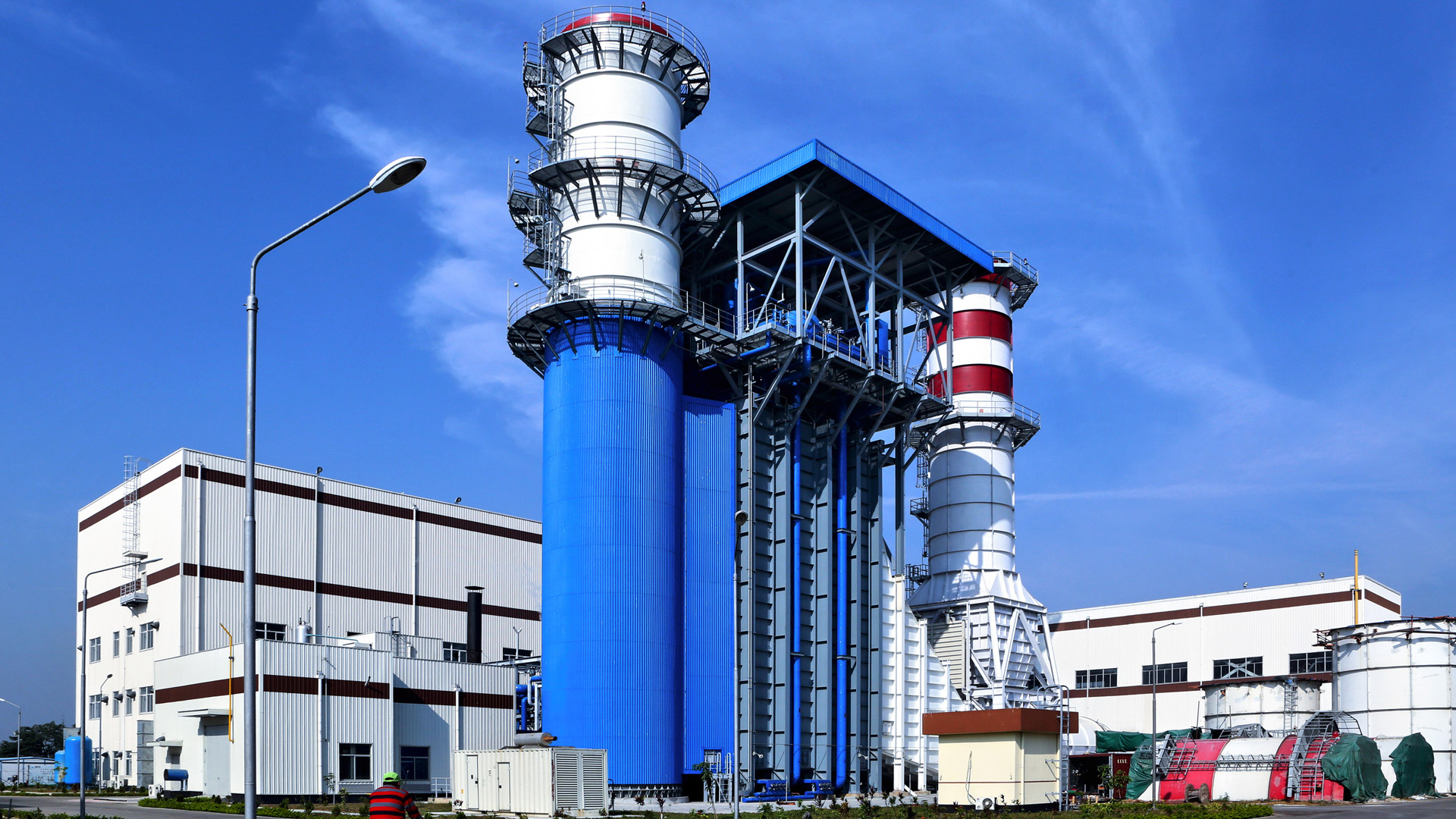More Power from Private Sector Partners
Persistent Power Problems
Bangladesh needs more power. Chronic power shortages affect many households and industries. Rapidly increasing power demand is at the core of the power problem, complicated by a heavy dependence on natural gas, depleting gas reserves, and an overwhelmed power generation system. The cities are almost fully powered, but power outages are frequent, especially during periods of peak demand. Many rural homes have no electricity, which means that daily tasks must be finished before dark or make do with the poor lighting of kerosene lamps, which can cause fire accidents and respiratory problems.
To close the gap between power supply and demand, Bangladesh’s Ministry of Power, Energy and Mineral Resources (MPEMR) developed the Power System Master Plan 2010 (updated in 2016), which calls for greater private sector investments in power generation. A gas development fund was also established to accelerate exploration, production, and diversification of gas supply, including the import of liquefied natural gas (LNG).
ADB’s assistance to Bangladesh’s power sector has come a long way, from helping develop major gas fields, gas transmission systems, and distribution networks to explorations about solar homes systems for rural communities through public–private partnerships and an electrical grid interconnection with India that can improve regional connectivity.
More recently, to help address the power problem and reduce the need for electricity imports and the use of environmentally harmful and expensive fuels like coal and oil, ADB committed $200 million for the Bangladesh: Reliance Bangladesh Liquefied Natural Gas and Power Project to privately owned Reliance Bangladesh LNG and Power Limited (RBLPL). The loan includes $100 million in cofinancing from the ADB-administered Leading Asia’s Private Infrastructure Fund (LEAP) and is expected to encourage private sector participation in Bangladesh’s power sector.
Private Sector Initiative
The project was developed by Reliance Power Limited (RPL). The RPL agreed with JERA Co., Inc. (JERA) to sell 49% of its shareholding in the project in September 2019. JERA is a joint venture established in 2015 between TEPCO Fuel & Power, Inc. (wholly owned subsidiary of Tokyo Electric Power Company Holdings, Inc.) and Chubu Electric Power Co., Inc., each holding 50% of the shares.
Under the project, ADB will provide loans to RBLPL to support the construction of a combined cycle power plant (CCPP) with net generation output of 718 megawatts. The power plant will consist of two 9F Class General Electric gas turbines, two heat recovery steam generators, and one steam turbine, along with auxiliary equipment and supporting infrastructure.
The Bangladesh Power Development Board (BPDB) will provide the CCPP site under a land lease agreement. The BPDB is an agency under the MPEMR responsible for planning and developing Bangladesh’s power infrastructure and operating much of its power generation facilities. Supporting infrastructure will include electrical equipment, control systems, raw water treatment and cooling water systems, and gas and power transmission interconnection facilities. When complete, the CCPP will sell net power generated to the BPDB according to the terms of a long-term power purchase agreement.
More Power to the Private Sector
The construction of the CCPP is expected to generate 2,000 jobs. Once finished, the CCPP is expected to generate and deliver an increase of 4,500 gigawatt-hours of electricity per year and reduce the country’s greenhouse gas emissions by 377,100 tons of CO2 annually.
With ADB as a partner, its role that of a direct lender, the project is expected to mobilize much-needed long-term debt financing, which has limited availability in the domestic and international markets. This will boost investor and lender confidence in Bangladesh’s power sector and attract more private sector partners in the coming years.
Cost
undisclosed
- ADB $80.7 million
- Government Counterpart $11.5 million
Cofinancing Partners
- ADB (Loan) $100 million
- Leading Asia’s Private Infrastructure Fund (Loan) $100 million
- Japan Bank for International Cooperation (Loan) $265 million
- Nippon Export and Investment Insurance
- Other commercial partners
Dates
Approval Date 1 December 2017
Signing Date 30 July 2020
Completion Date

